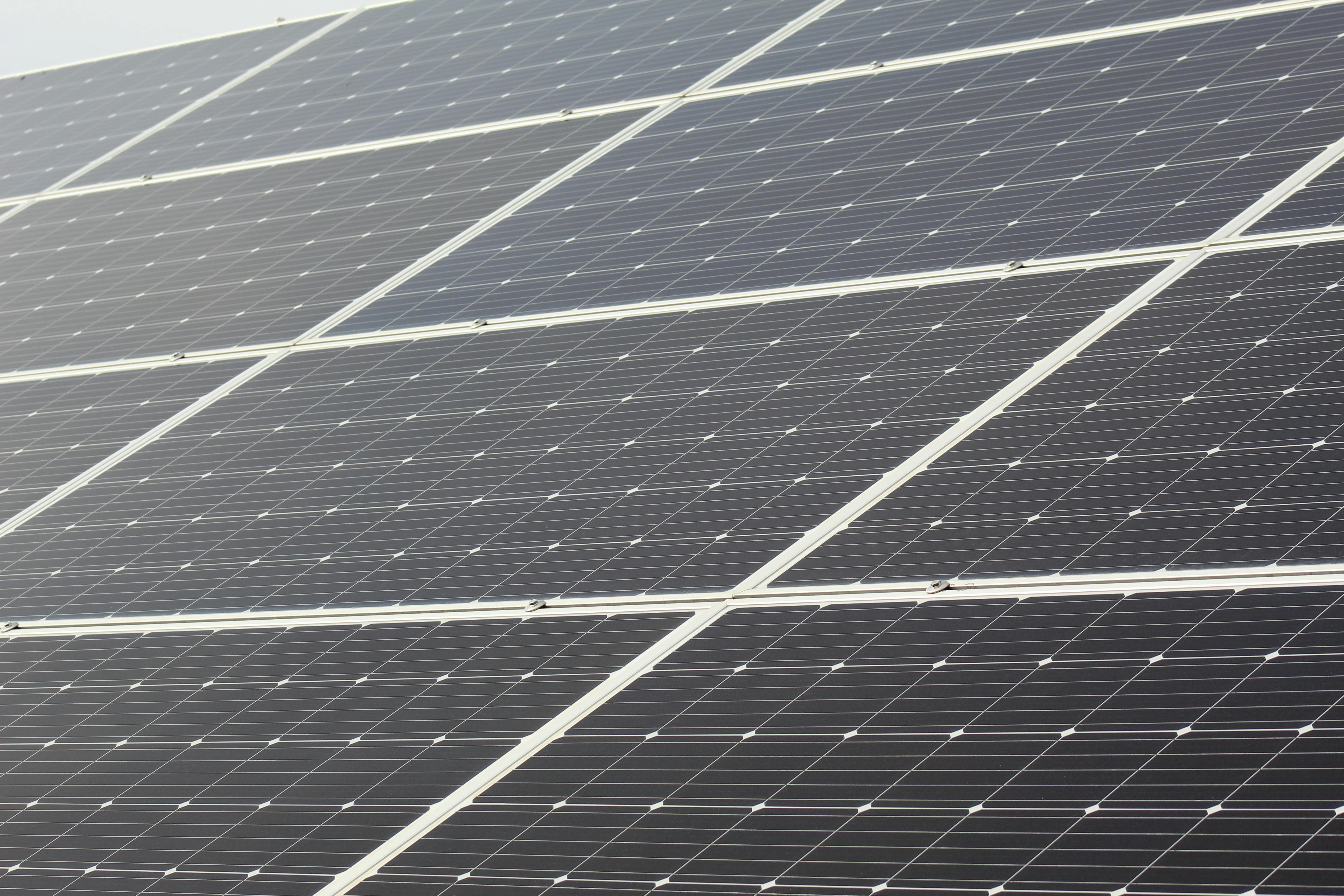The Rise of Solar Batteries: Powering Homes with Clean Energy
In recent years, the landscape of residential energy has been undergoing a significant transformation. As concerns about climate change and energy independence grow, households are increasingly turning their attention to renewable energy solutions. Among these, solar batteries have emerged as a game-changing technology, offering homeowners the ability to store and manage their own clean energy. This article explores the rising interest in home batteries, the growing popularity of solar energy storage, and the innovative solutions reshaping energy management in homes across Belgium and beyond.

Why are households showing interest in home batteries?
The surge in interest for home batteries can be attributed to several factors. Firstly, as solar panel installations become more commonplace, homeowners are seeking ways to maximize their investment by storing excess energy produced during sunny periods. This stored energy can then be used during nighttime or cloudy days, reducing reliance on the grid and potentially lowering electricity bills.
Moreover, with the increasing frequency of extreme weather events and power outages, home batteries offer a sense of energy security. They can provide backup power during grid failures, ensuring that essential appliances and systems continue to function. This peace of mind is particularly valuable in areas prone to blackouts or natural disasters.
Lastly, as electricity prices continue to fluctuate, home batteries allow for more strategic energy consumption. Homeowners can charge their batteries during off-peak hours when electricity rates are lower and use the stored energy during peak times, potentially leading to significant cost savings over time.
How is solar energy storage becoming increasingly popular?
The popularity of solar energy storage is on the rise, driven by technological advancements and decreasing costs. As battery technology improves, we’re seeing longer-lasting, more efficient, and more affordable options entering the market. This makes solar energy storage systems more accessible to a broader range of homeowners.
Additionally, government incentives and rebates in many regions are making the initial investment in solar storage systems more attractive. In Belgium, for instance, various subsidies and tax benefits are available for those installing renewable energy solutions, including solar panels and batteries.
The increasing popularity is also fueled by growing environmental awareness. Many homeowners are eager to reduce their carbon footprint and contribute to a more sustainable future. Solar energy storage allows them to use clean, renewable energy more effectively, minimizing their reliance on fossil fuel-generated electricity from the grid.
What new solutions are emerging for energy management in the home?
The field of home energy management is rapidly evolving, with innovative solutions emerging to help homeowners optimize their energy use. Smart home technologies are at the forefront of this revolution, offering sophisticated ways to monitor and control energy consumption.
One significant development is the integration of artificial intelligence and machine learning into home energy systems. These technologies can analyze patterns in energy production and consumption, automatically adjusting settings to maximize efficiency. For example, smart systems can predict when solar production will be highest and schedule energy-intensive tasks accordingly.
Another emerging solution is the concept of virtual power plants (VPPs). These networks connect multiple home battery systems, allowing them to work together to balance the grid and potentially earn income for homeowners by selling excess energy back to utility companies during peak demand periods.
Moreover, bidirectional charging technologies are gaining traction, particularly with the rise of electric vehicles. These systems allow electric car batteries to serve as additional home energy storage, further increasing a household’s energy independence and flexibility.
What are the benefits of integrating solar batteries with home energy systems?
Integrating solar batteries with home energy systems offers a multitude of benefits. Primarily, it significantly increases energy independence. By storing excess solar energy, homeowners can reduce their reliance on the grid, potentially achieving near self-sufficiency in some cases.
Energy cost savings are another major advantage. By using stored solar energy during peak rate periods and drawing from the grid during off-peak times, homeowners can substantially reduce their electricity bills. In some areas, homeowners can even participate in demand response programs, earning credits or payments for supporting grid stability.
Environmental benefits are also substantial. By maximizing the use of clean, renewable solar energy, households can dramatically reduce their carbon footprint. This not only contributes to personal sustainability goals but also supports broader efforts to combat climate change.
Lastly, solar batteries provide enhanced resilience against power outages. In the event of a grid failure, a home equipped with solar panels and a battery system can continue to operate essential appliances and systems, providing crucial comfort and safety during emergencies.
How do different solar battery solutions compare in terms of performance and cost?
When considering solar battery solutions, it’s important to compare different options in terms of performance and cost. Here’s a comparison of some popular solar battery systems available in Belgium:
| Product/Service | Provider | Capacity | Round-trip Efficiency | Cost Estimation |
|---|---|---|---|---|
| Powerwall 2 | Tesla | 13.5 kWh | 90% | €8,000 - €10,000 |
| LG Chem RESU | LG | 9.8 kWh | 95% | €6,000 - €8,000 |
| Sonnen eco | Sonnen | 5-15 kWh | 98% | €7,000 - €12,000 |
| Enphase Encharge | Enphase | 3.5 kWh (scalable) | 96% | €5,000 - €7,000 per 3.5 kWh |
Prices, rates, or cost estimates mentioned in this article are based on the latest available information but may change over time. Independent research is advised before making financial decisions.
The comparison above showcases some of the leading solar battery options available in Belgium. The Tesla Powerwall 2 offers a high capacity and is well-known for its sleek design and integration with Tesla’s ecosystem. LG Chem RESU provides excellent efficiency at a competitive price point. Sonnen eco stands out for its high round-trip efficiency and scalable capacity options. Enphase Encharge offers a unique modular approach, allowing homeowners to start small and expand their system over time.
When choosing a solar battery system, consider factors such as capacity (how much energy it can store), efficiency (how much of the stored energy can be used), lifespan, warranty, and compatibility with existing or planned solar panel systems. The initial cost is important, but it’s equally crucial to consider long-term value and potential energy savings over the life of the system.
In conclusion, the rise of solar batteries represents a significant shift in how households approach energy management. As technology continues to advance and costs decrease, we can expect to see even greater adoption of these systems. Solar batteries not only offer financial benefits and increased energy independence but also play a crucial role in the transition to a more sustainable, clean energy future. For homeowners in Belgium and beyond, investing in solar energy storage is becoming an increasingly attractive and viable option for powering their homes with clean, renewable energy.




